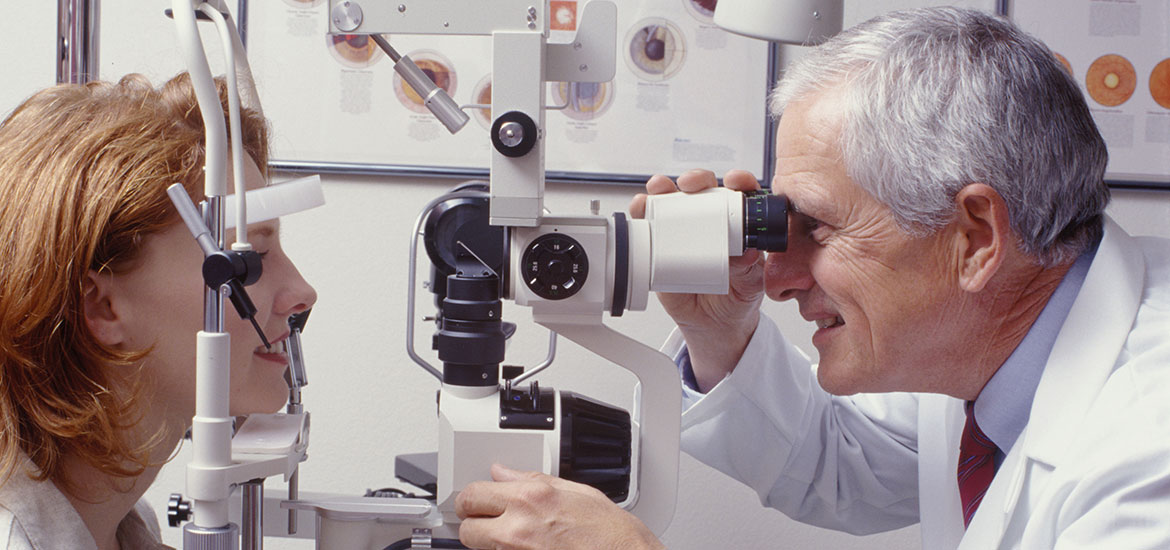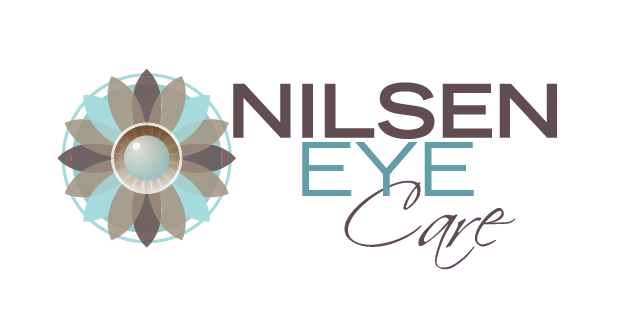
The Importance of Eye Exams
Whether or not you are have problems with your vision, regular eye exams are still important when it comes to keeping up with your eye health. Eye exams are not only for determining if you need glasses. Doctors also assess your eyes to indicate any problems with your overall health, and to see how your eyes are working together.
Who should have a regular eye exam?
Everyone should have their eyes examined, as it is a significant part of a person’s overall health maintenance. Eye exams play an important role in determining early stages of vision problems in children, and adults should have their eyes tested to ensure their prescriptions are up to date. Also, adults without prescriptions should still have their eyes examined to test for early signs of eye disease.
Vision greatly concerns a child’s learning abilities. If your child cannot see a far distance or focus on the words they are reading, then their school work will suffer. Most children will not complain that they are having vision problems, because they believe their eyesight is normal. If your child is struggling in school or has a reading problem, make sure to schedule an eye exam to determine if poor eyesight is the underlying cause.
What Does the Eye Doctor Assess?
The first factors the eye doctor examines is nearsightedness, farsightedness, and astigmatism. After assessing these factors, your eye doctor will check your eyes for diseases and other problems that may be affecting the eye. Some eye diseases have the potential to lead to vision loss. Here are a few different types of conditions your eye doctor looks for when examining your eyes: Amblyopia (eyes are misaligned, or one is significantly weak), Strabismus (crossed or turned eyes), Glaucoma, diabetic eye disease, and other diseases that may be determined based on the health of your eyes.
Vision Screenings Vs. Comprehensive Eye Examinations
Most people have undergone a vision screening, as they are regularly conducted by school nurses, pediatricians, or volunteers. Also, everyone who has a driver’s license is required to pass a vision screening. Screenings are used to determine if you need an eye exam, but it does not substitute for a comprehensive eye exam. Just because you pass the screening, does not always mean that your eyes are in perfect health.
Comprehensive eye exams go more into depth assessing the overall health of your eyes. Careful testing of all aspects of your vision will be conducted by your eye doctor. Your results will determine what type of treatment you need to receive. Only certified eye doctors can give comprehensive eye exams. Physicians and family members are not generally trained in this area of expertise, so it is important to schedule regular visits to the eye doctor.
Most treatment plans involve corrective lenses, vision therapy, or in some cases surgery and medical treatment for eye diseases.
People of all ages should consider having their eyes examined, for these visits to the eye doctor are crucial for preserving your vision for life.



